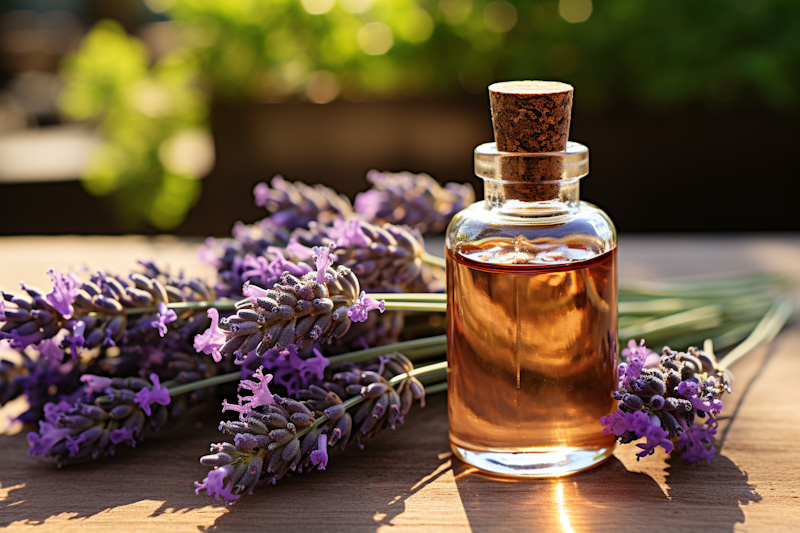
Holistic healing is an approach that seeks to understand and address the well-being of the entire person, rather than focusing solely on specific ailments or issues. By integrating traditional medical practices with alternative therapies, holistic healing aims to harmonize the body, mind, and spirit. This article delves into several integrative therapies that have been embraced for their potential to promote overall wellness.
1. Acupuncture
Ancient Needles, Modern Healing: Acupuncture, a cornerstone of traditional Chinese medicine, has been practiced for thousands of years. It involves the insertion of thin needles into specific points on the body, believed to correspond with energy pathways known as meridians.
Wellness Impact: The goal of acupuncture is to restore balance to the body’s energy flow, or “qi.” By doing so, it can alleviate pain, reduce stress, and even address chronic conditions like migraines or digestive disorders. Many individuals report a deep sense of relaxation during and after treatments, highlighting its dual physical and mental benefits.
2. Aromatherapy
The Essence of Well-being: Aromatherapy taps into the therapeutic properties of essential oils, which are concentrated extracts from plants, flowers, and herbs.
Wellness Impact: Each essential oil has its unique benefits. For instance, chamomile is known for its calming effects, while eucalyptus can act as a decongestant. When inhaled or applied to the skin, these oils can help alleviate symptoms of anxiety, depression, fatigue, and even certain skin conditions. Moreover, the act of inhaling these fragrances can invoke memories and emotions, further linking the mind-body connection.



